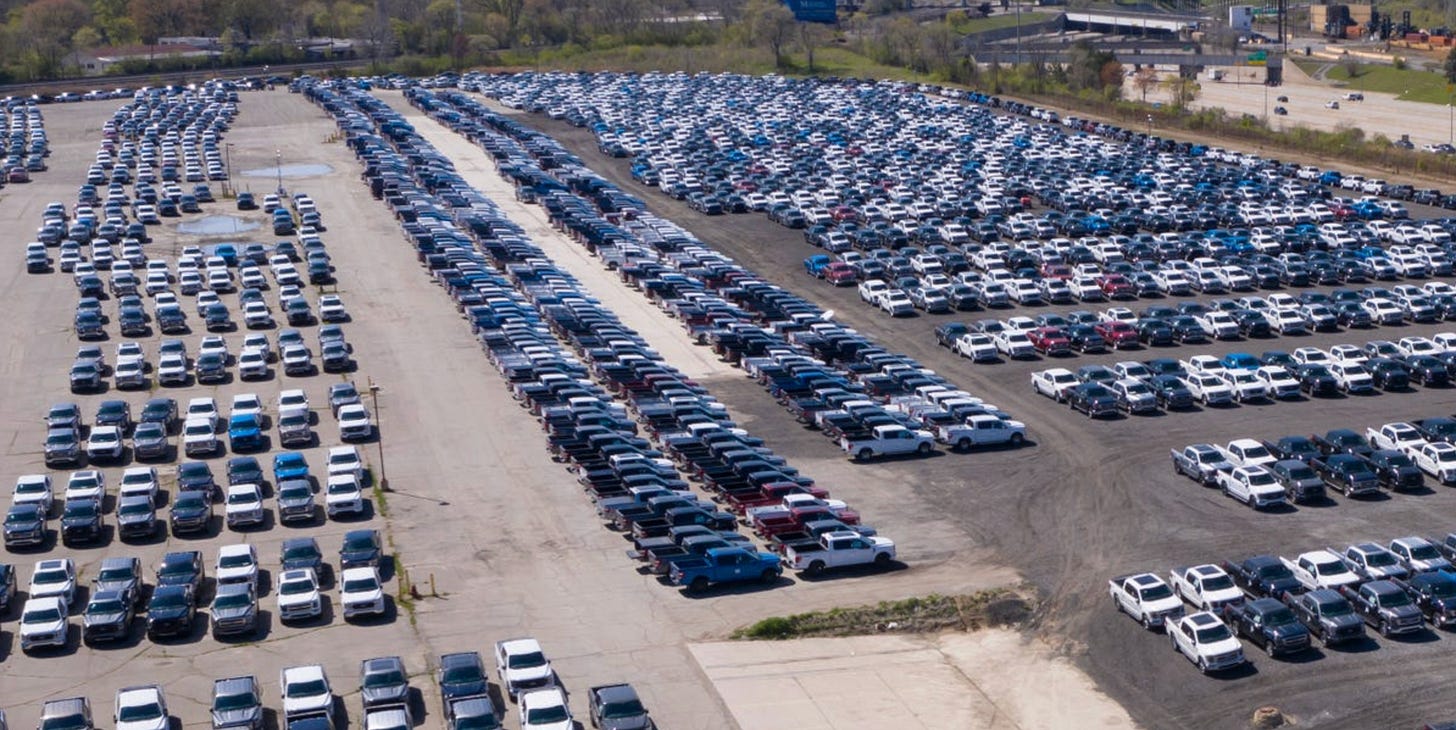90% of the Law
The Nexperia affair and the sobering incompetence of Western leaders.
“The possession of anything begins in the mind.” – Bruce Lee
A day after the US Department of Commerce dramatically expanded export controls on Chinese companies by roping in their subsidiaries, a remarkable escalation in the trade war transpired. At the urging of the US government—and specifically because of the new export controls—Dutch authorities executed a shocking takeover of a vitally important subsidiary of a Chinese-owned company:
“At the height of the cold war, the Netherlands passed a law allowing the state to take over companies for security purposes. After gathering dust for 73 years, the law has at last been put to use. On September 30th the Ministry of Economic Affairs quietly took control of Nexperia, a semiconductor firm headquartered in Nijmegen that had been bought in 2019 by Zhang Xuezheng, a Chinese entrepreneur. A week later an Amsterdam business court suspended Mr Zhang (known by his nickname ‘Wing’) as CEO, replacing him with a Dutch interim chief. The moves were made public by the Dutch press on October 12th. They are among the most aggressive steps yet by European governments to protect strategic industries from China.”
We suspect few of you had heard of Nexperia until last week, but the company plays a critical role in many supply chains, most notably automotive and consumer electronics. For all the attention high-end computer chip designers like Nvidia receive, the base of the semiconductor pyramid—characterized by older designs, huge volumes, and low prices—permeates the modern economy. The post-Covid chip shortage of 2021 highlighted how important these commodities are, and scenes of vast parking lots stuffed with new cars unsellable without them serve as a stark reminder of the disruption their absence unleashes.
Nexperia is a major player in that end of the semiconductor industry. The company ships more than 110 billion discrete semiconductor devices annually, or roughly 10% of global market share. It is particularly essential to the automotive industry, where it supplies approximately 35–40% of diodes and discrete transistors, among other products—parts that cost as little as a few cents each but are indispensable for nearly every electronic function in a vehicle.
Amazingly, the brazen move by Dutch and US officials does not appear to have been fully thought through, as the obvious and economically devastating countermeasures China would almost certainly take seem to have been wildly underestimated. So shocking is the one-dimensional chess Western leaders are playing that it raises serious doubts about their appraisal of China’s economic, geopolitical, and military might. Let’s explore why.


